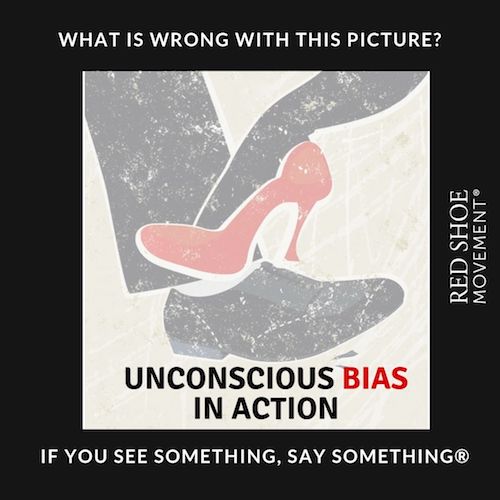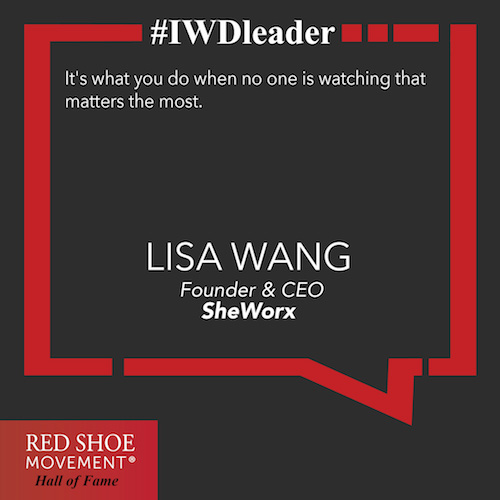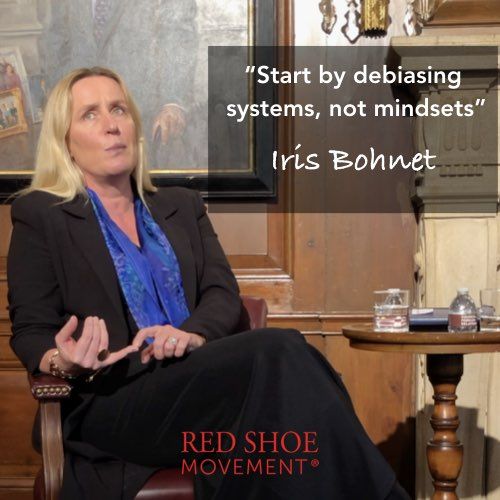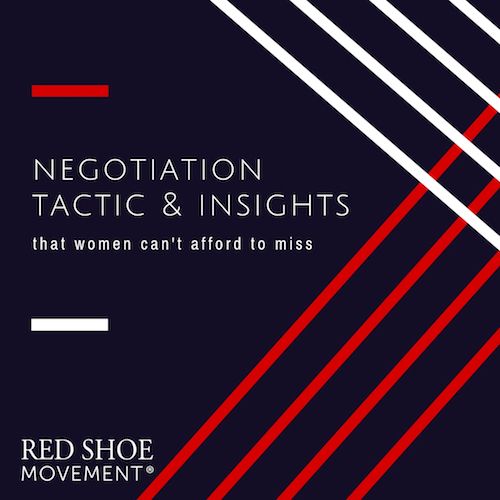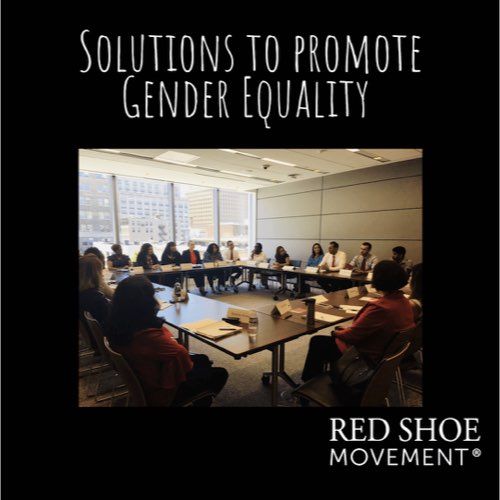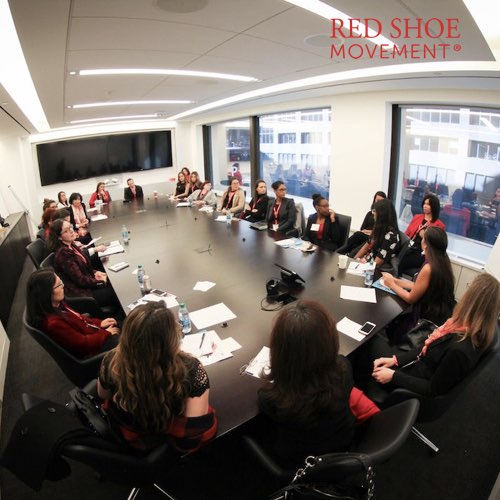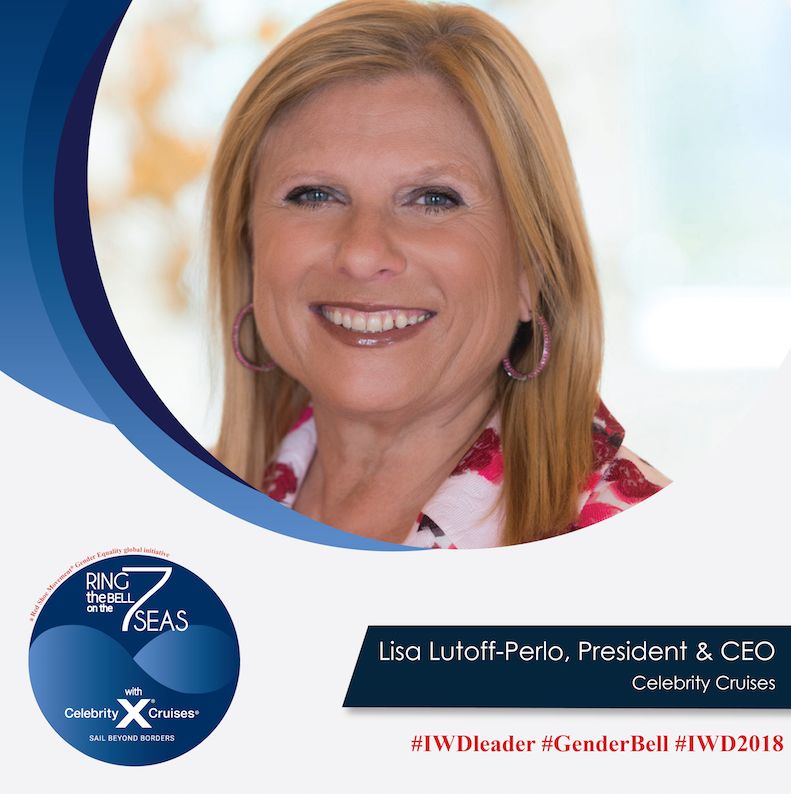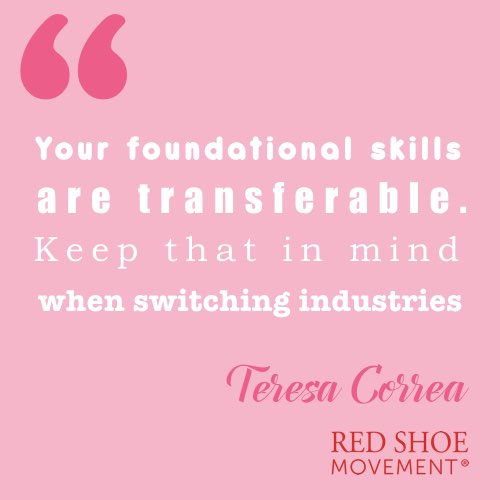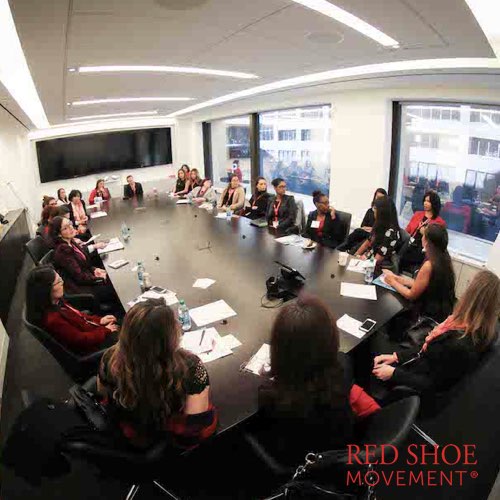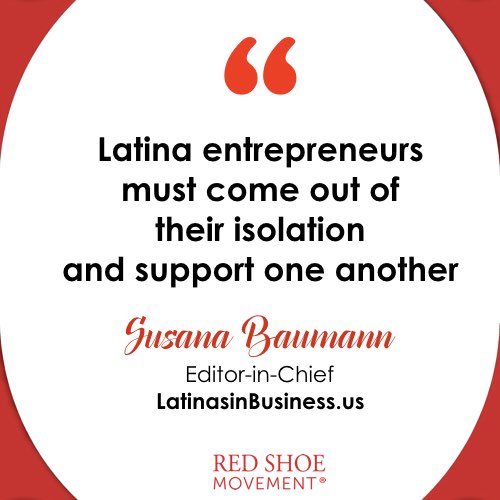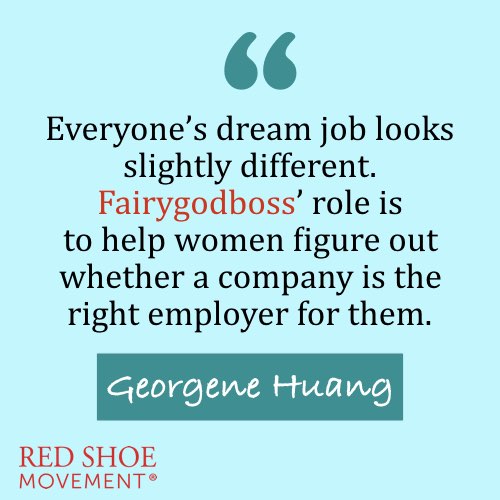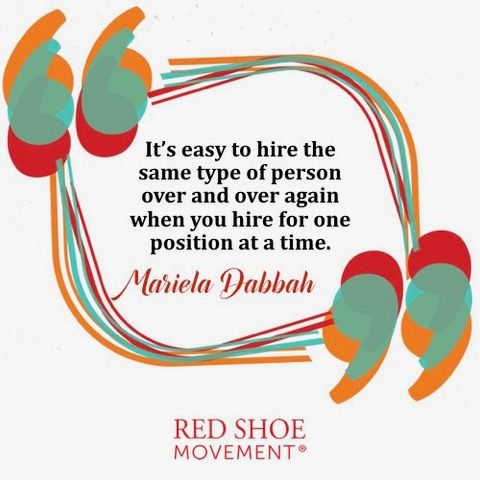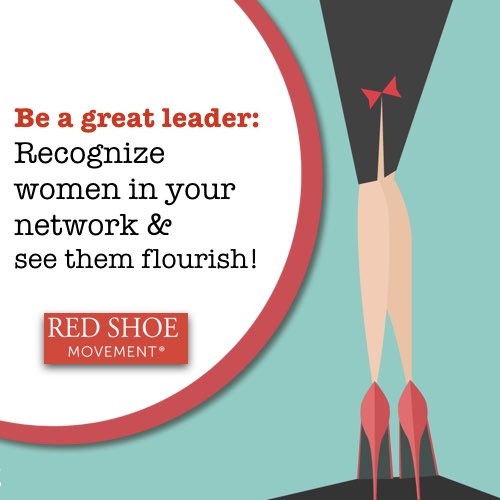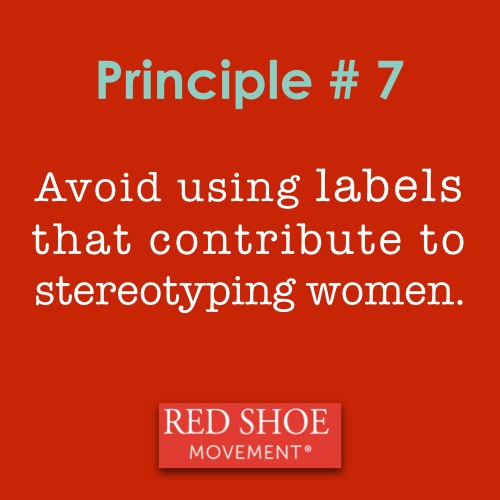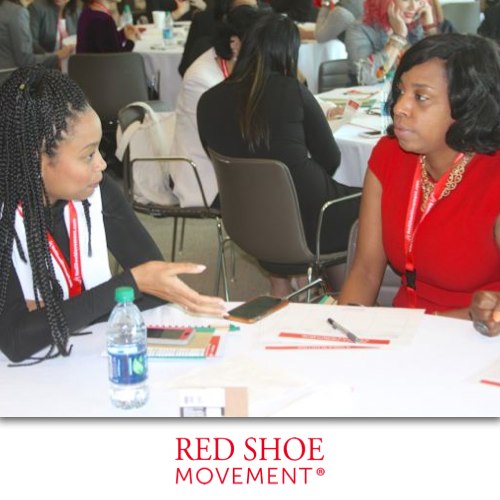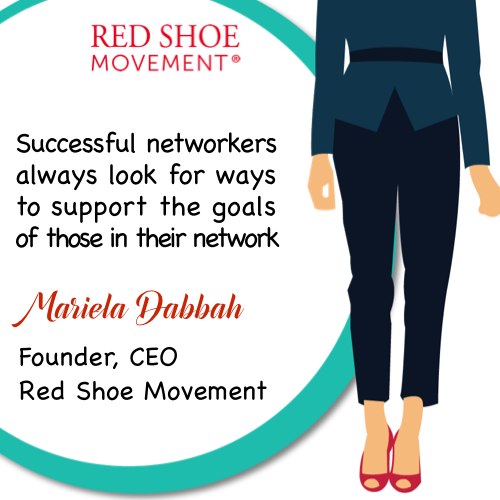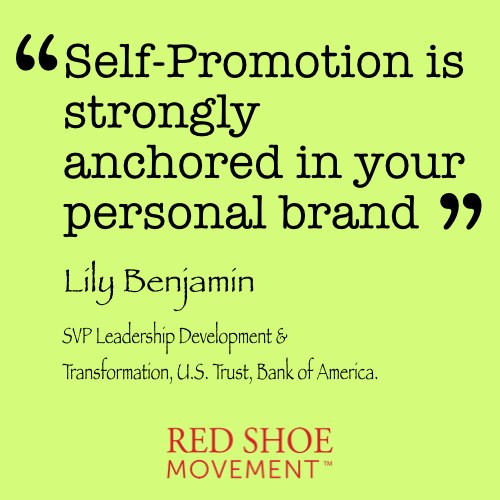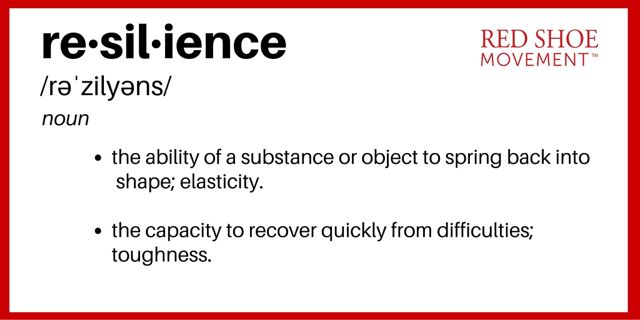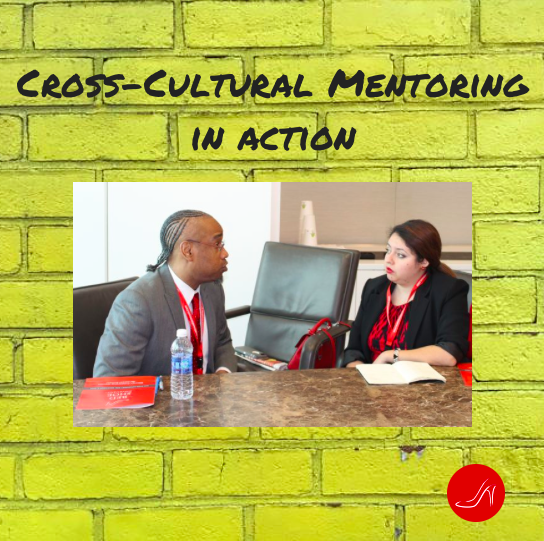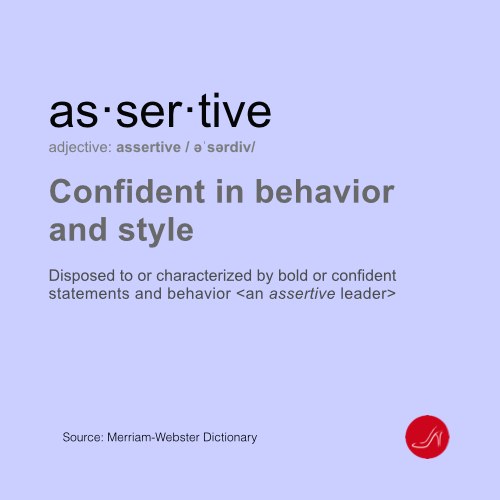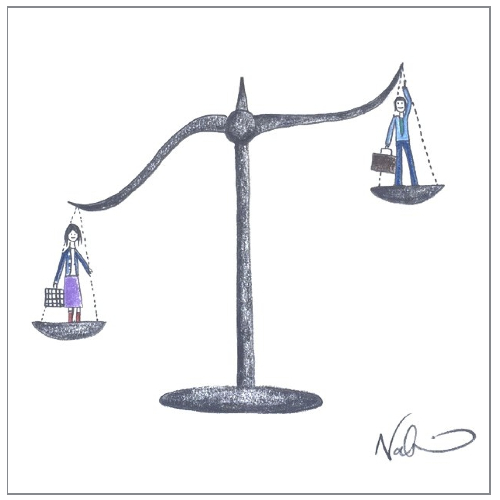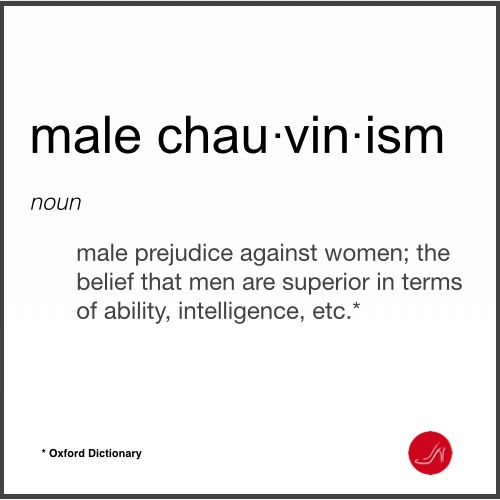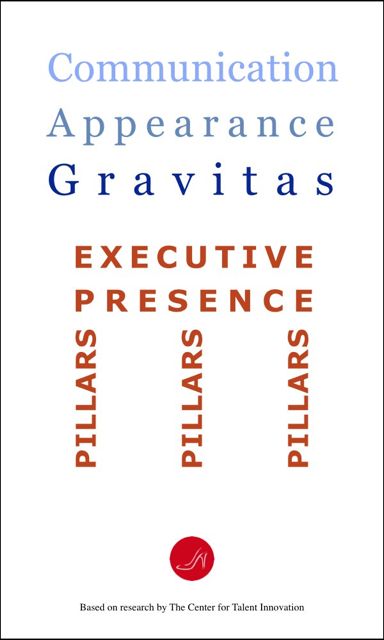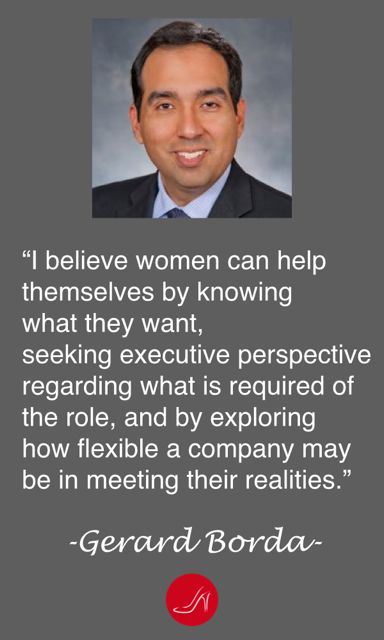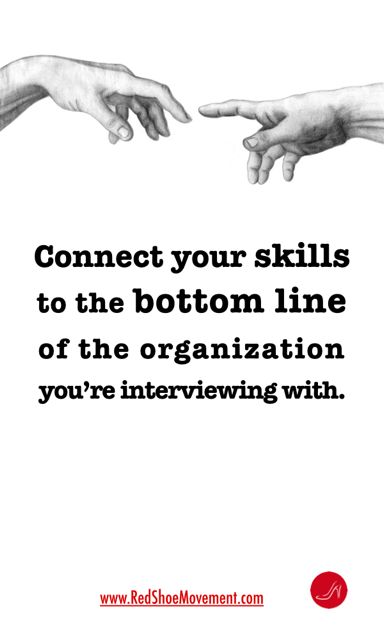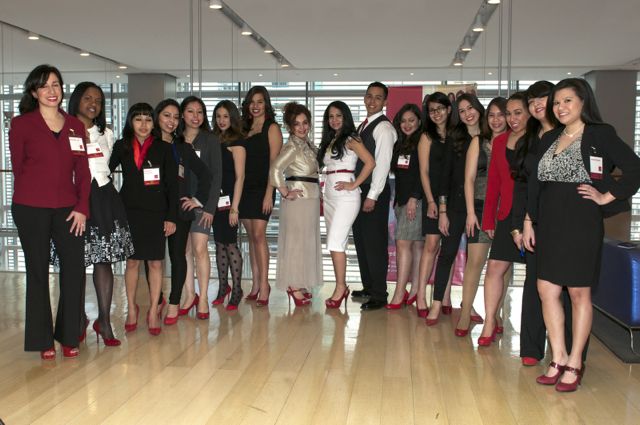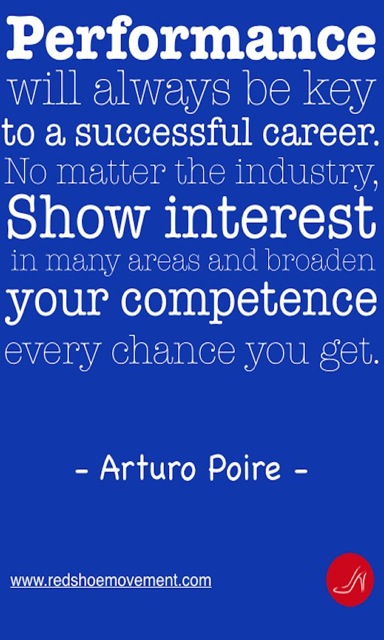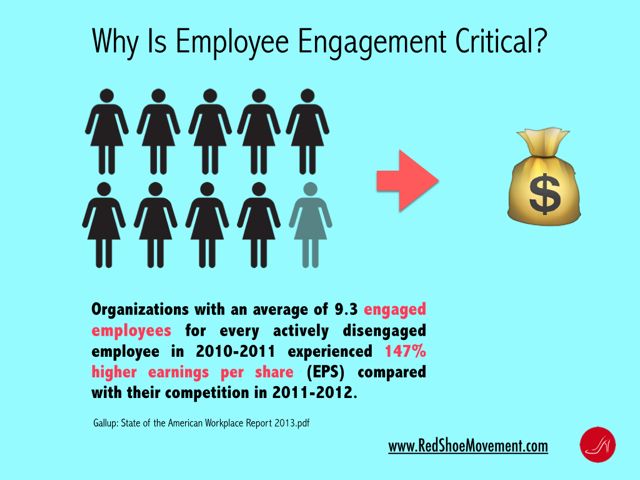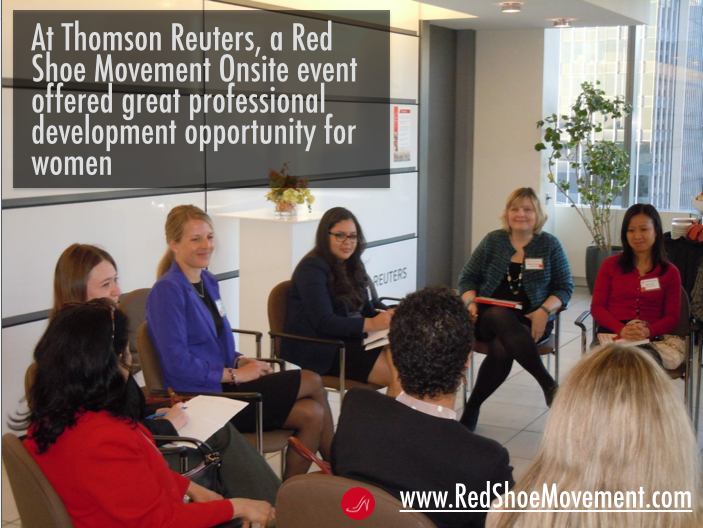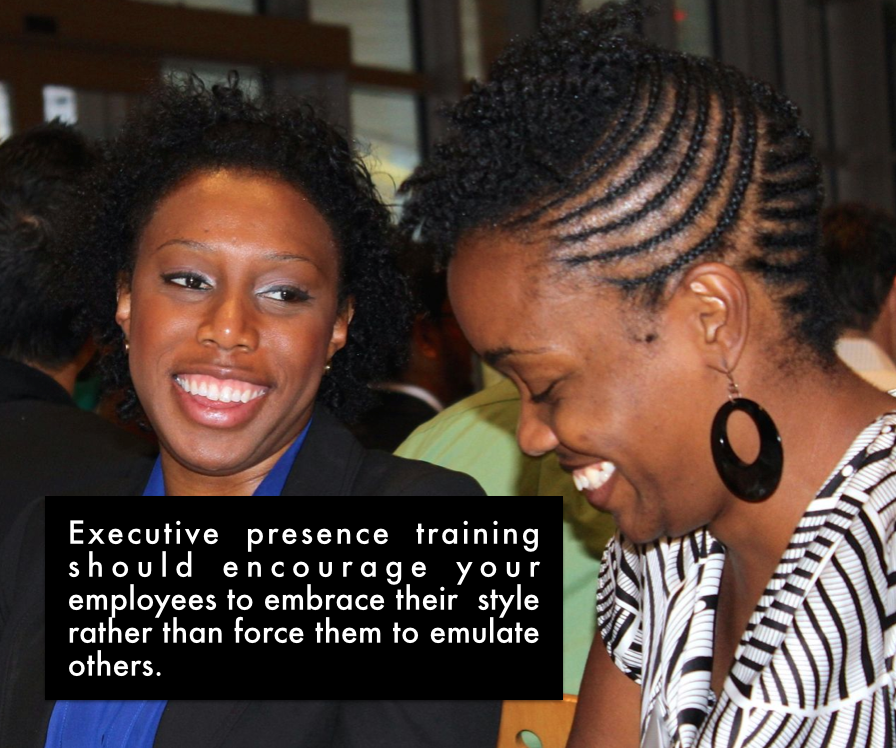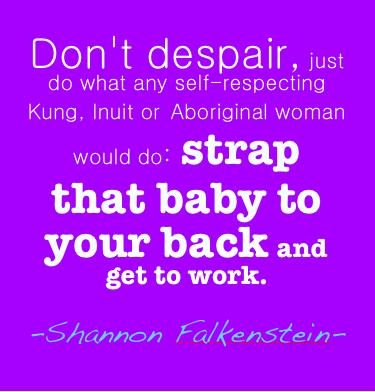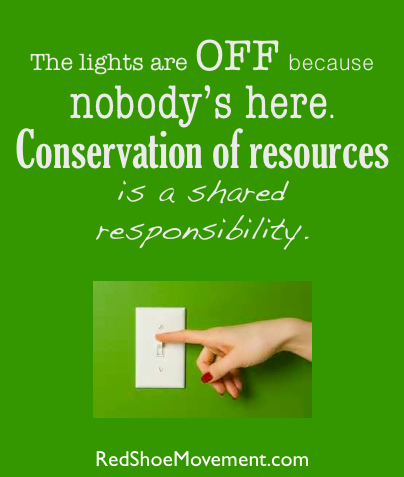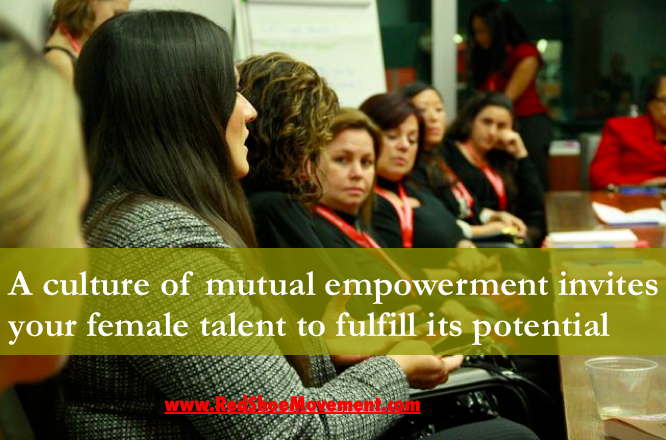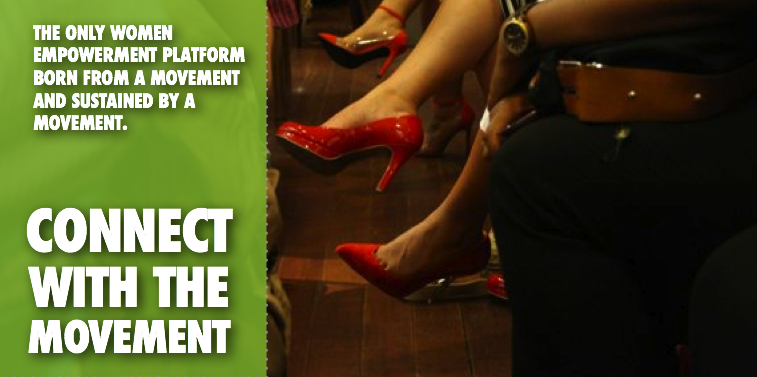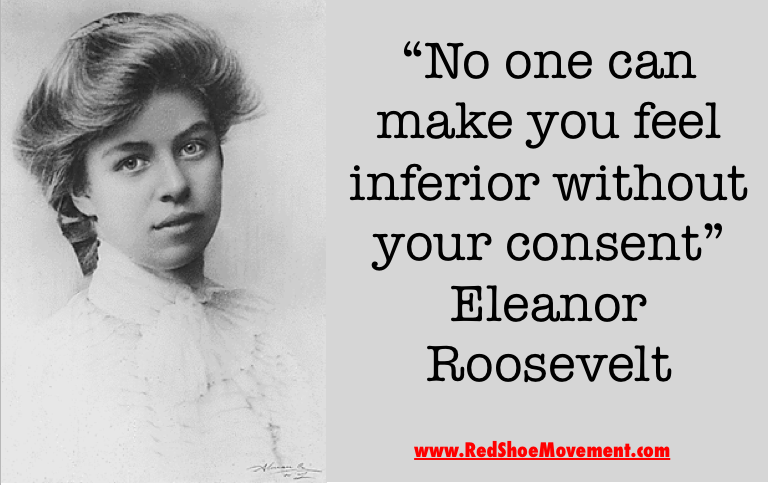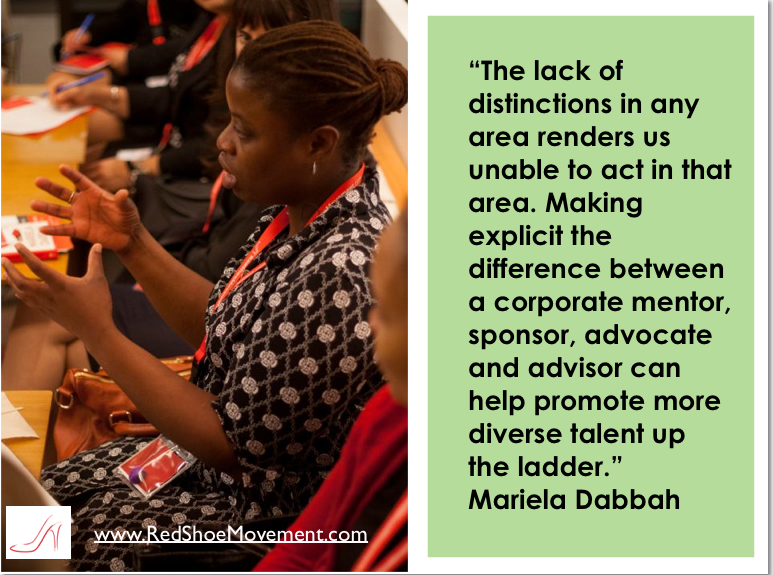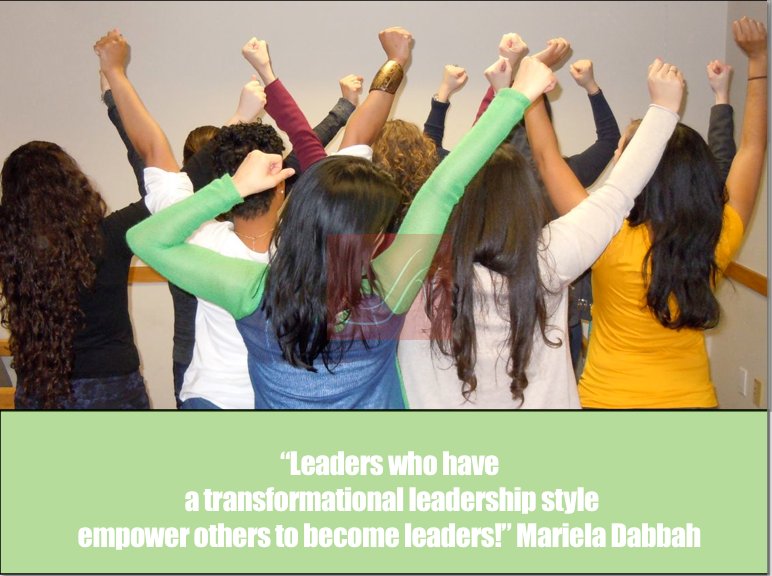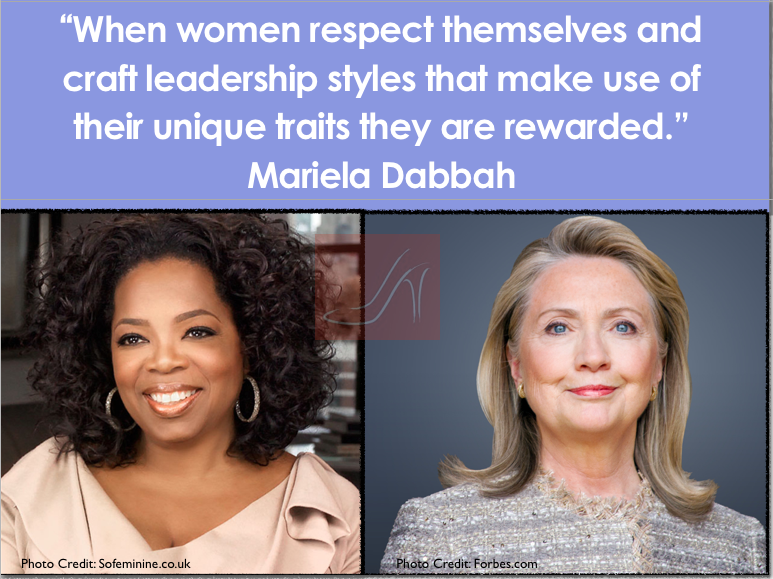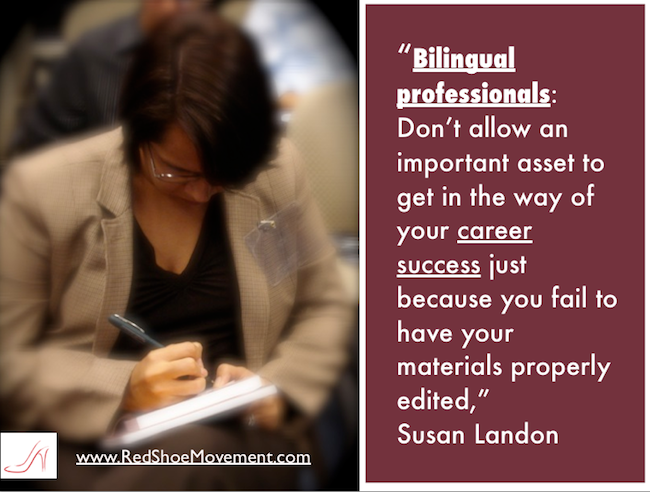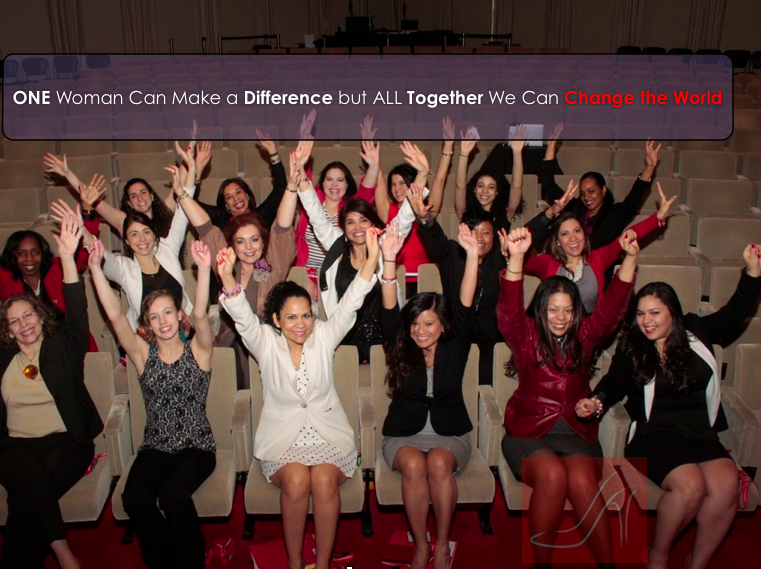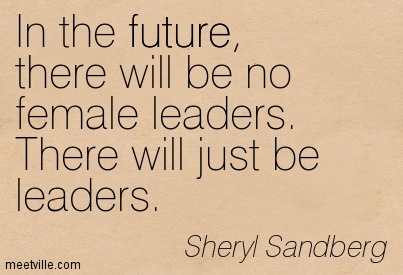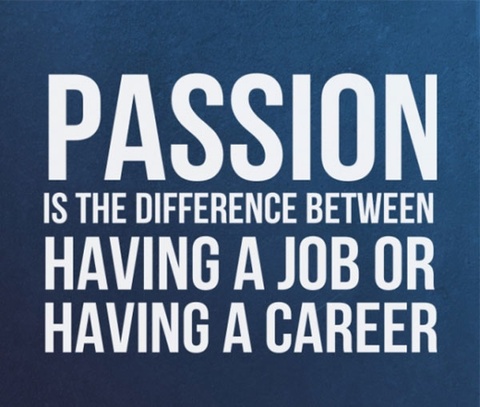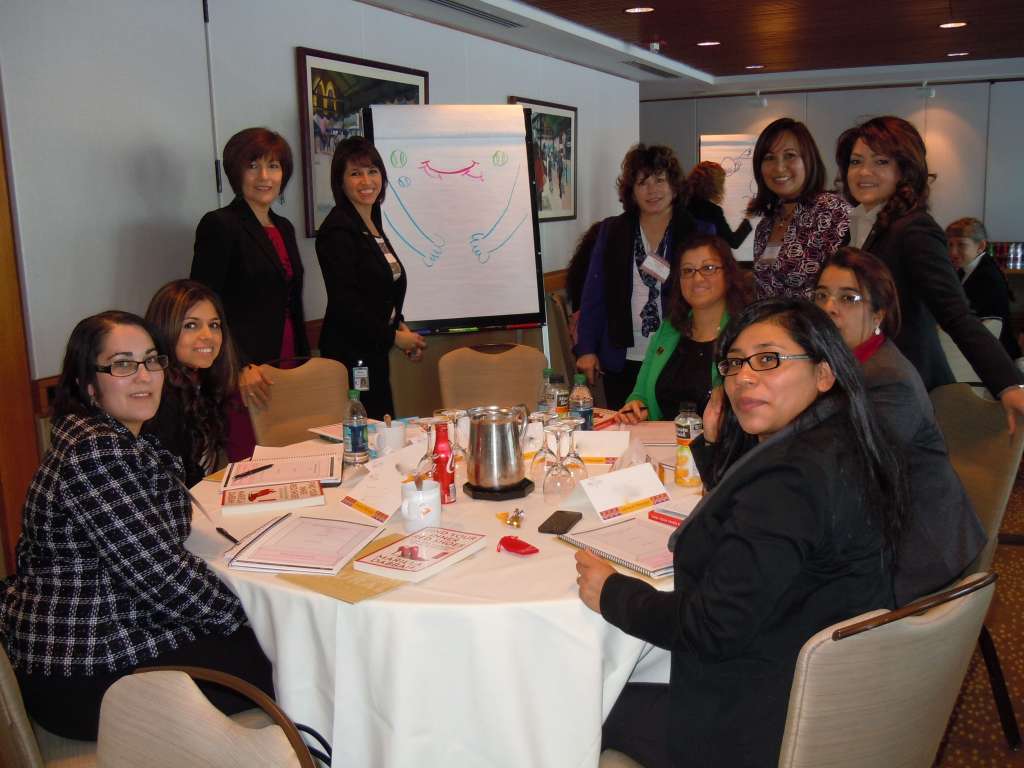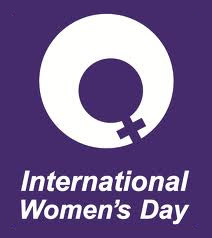For a CEO, Sergio Kaufman is as easy going as it gets. He’s an Industrial Engineer by training but he’s definitely a people person. A champion of inclusion and diversity and a strong believer in female leadership. It’s leaders like him that move the needle faster in gender equality in large organizations. Find out why he’s so successful.
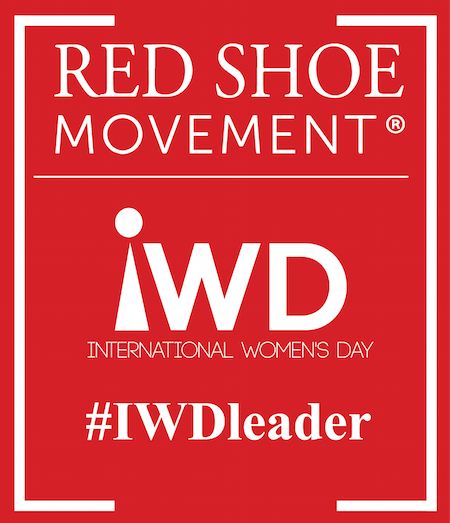
Leveraging 100% of the talent pool is Sergio Kaufman’s goal. And to that effect he’s been instrumental in designing and supporting policies that make it easier for everyone at his company, Accenture, to progress in their careers. And given that Accenture is a consulting firm that works with many large corporations around the world, their success serves as a model for the rest of the world.
At a recent presentation in front of a conservative audience of mostly male executives, Sergio Kaufman talked about men as the weaker sex. Needless to say his comments made more than a few people uncomfortable. But Sergio says he likes to shock. To disrupt. To get people to discuss the important issues. And today, he sits with us to talk about what it takes to promote female leadership, the advantages of gender equality, and a lot more. Meet Sergio Kaufman, one of the leaders in the Red Shoe Movement Hall of Fame.
Sergio Kaufman, Country Managing Director & Leader of Hispanic South America

What are the traits of an effective leader?
An effective leader has two interesting variables. The old model of leadership was based on power (I tell you what you have to do) and knowledge (even when your boss was a complicated person, you respected him/her because he/she was knowledgeable.) Today, knowledge changes every 6 months so it’s difficult for leadership to be based on knowledge. And power has been transformed into influence. The new organizations clearly have much more respect for an influential leader than for a powerful leader. And that has an interesting effect.
If I work with people based on power, the day I leave my job, everything returns to the previous situation because once the leader changes, the power changes. If I work with influence the change is much more permanent and effective. That “old knowledge” changes into “values” that are much more permanent than knowledge that changes all the time. We went from a leadership based on power and knowledge to one based on influence and values.
And why do I mention this in connection to gender issues? Because the first two attributes I mentioned are much more frequently adopted by men, while influence management is much evenly distributed between genders. I would even say that in public life, there are more examples of influential women and powerful men. It is a different leadership model that allows for a completely different dynamic in business. It encourages and it will continue to encourage the inclusion of women in decision-making positions and positions of increasing responsibility.
The second point is the issue of diversity. Very likely, many of the attributes of empathy required for an inclusive leadership are also more balanced in women.
Read more about Integrated Talent Management in this interview with Marcelo Fumasoni of Novartis.
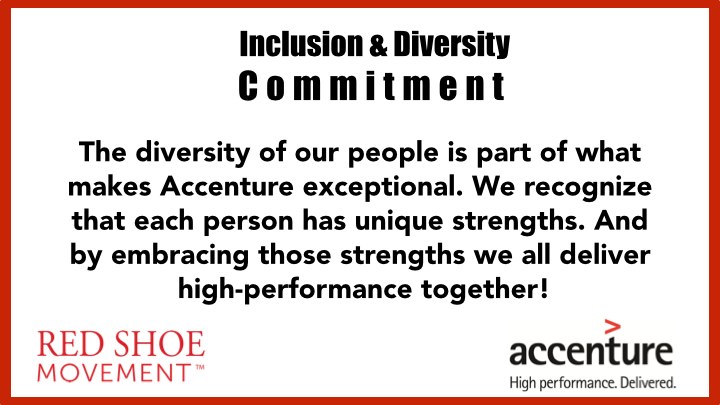
Given that you are a man who firmly believes in gender equality, what is happening in terms of female leadership at executive levels in the region of Accenture you lead?
Diversity is an operational necessity. We operate in a large region with about 10,400 people. We interact with the world, with diversity. Trying to manage a diverse organization connected to the world with a scheme where I think I can choose people, train them, and expect for them to all fit into identical little bottles of talent, leads to a serious loss of richness. That richness is our innovation. So it’s about having diversity in all aspects. We have people who think differently to solve different problems. And definitely leveling the playing field for women is part of the success we are having in terms of talent development and innovation. When you level the playing field male and female leadership emerges equally.

Sergio Kaufman’s suggestions to involve more male leaders in promoting female leadership
What is the best way to involve more male leaders on the issue of female leadership in Latin America?
It’s a virtuous circle and when you see it in others you become someone who sees the result. What the Red Shoe Movement does in disseminating this information is useful and I think it is also useful for companies that have gender equity initiatives to tell their story. My role in this is to share transparently our experience. One could say that Accenture has an advantage because it has active policies for women and diversity in general. And that if we share them openly we lose the market advantage that attracts distinct talent. I think sharing these stories helps improve society as a whole and also it helps position the organization. I think you have to compete to make things better and not hide what you think you’re doing well and that is working for you.

More on talent strategy in this interview with Arturo Poire of Erickson.
What are some practices that you think inadvertently affect women negatively?
There’s a behavior that many men see as something positive. It is looking after women, taking care of them, protecting them. So you tend to protect your female team players more than your male talent. And it seems like a good thing to do until that additional protection ends up, inadvertently, being a problem.
For example, say I have a fantastic project that can speed up a career trajectory, but is in another country. And I say, “I’m not going to offer it to this woman because I am going to complicate her life. So I give it to a man. The appropriate thing to do would be to tell the woman, “Look, I have this opportunity, you’re the right person for it. I will support you. We will figure out together how to manage the travel required. Do you want to take it?” Sometimes we don’t offer opportunities to women not out of selfishness but because we think we are offering something that is not fair to her. And actually, the best thing to do is to offer every opportunity and let women choose. In addition, when you offer the opportunity you must support the person appropriately. Sometimes one tends to give men more straightforward career advice and to be more careful with women.

Pursuing female leadership
What advice would you give to a woman interested in career growth who is forced to turn down opportunities due to lack of flexible policies in her organization?
There are three choices: you can change the organization, you can sacrifice your expectations, or you can move to a different organization. But first I’d try to change the organization by being very outspoken about what’s not working. Be vocal in a positive way. I believe in saying things assertively with good manners.
But don’t give up on shedding light on any problems you notice in the organization.
Go and talk to your bosses and let them know they are not giving you the opportunities you seek. That is what helps change organizations. Because if you leave you end up contributing to the self-fulfilled prophecy. The organization is left with the idea that women have family concerns and that’s why they leave. So you as a woman end up reinforcing that stereotype.
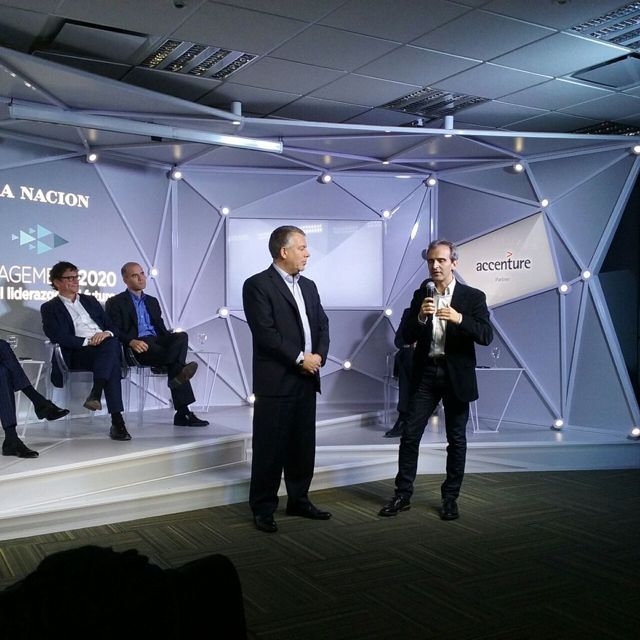
In a recent conference you talked about an article in “The Economist” which talked about men as the weaker sex. Why do you think future employment presents a challenge to men?
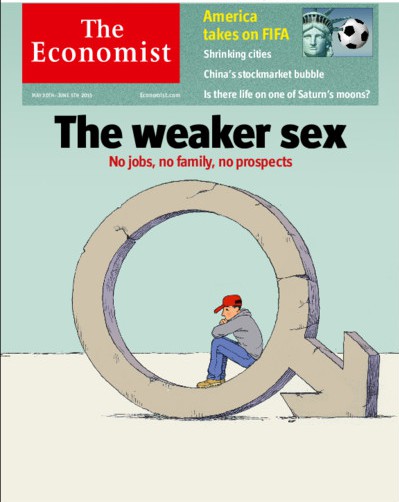
First, the evidence is academic. You look at any university in the world except in a few careers and men are outnumbered in quantity, they take longer to graduate, and have lower grade averages than women. These are important facts to consider. And it’s true, demographic waves move slowly but the effects are already starting to be felt. In addition, in the past many jobs required physical skills, something in which men had an edge, but with technology, that becomes less important. Those are two strong trends. There is still a difference in careers like economics, engineering, and technology where there are smaller percentages of women. Our challenge is to encourage more women to enter those fields.
There is a McKinsey study that says that in itself, the fact that there is a greater proportion of women than men graduating college is not enough to move the needle at the highest positions of decision-making. That the needle moves when this becomes a top priority in an organization. Your thoughts?
I fully agree that gender diversity has to be an explicit priority. I believe in what is verbalized and that the organization has to express how important diverse talent is. When you tell the women in your company, “I hope that the future leadership of the company emerges amongst you and I will actively look at that,” it changes attitudes and expectations.
You can follow Sergio Kaufman on Twitter.



























































































































